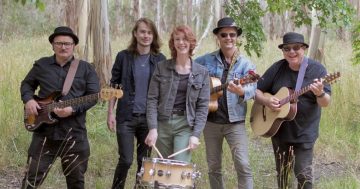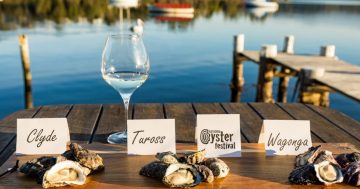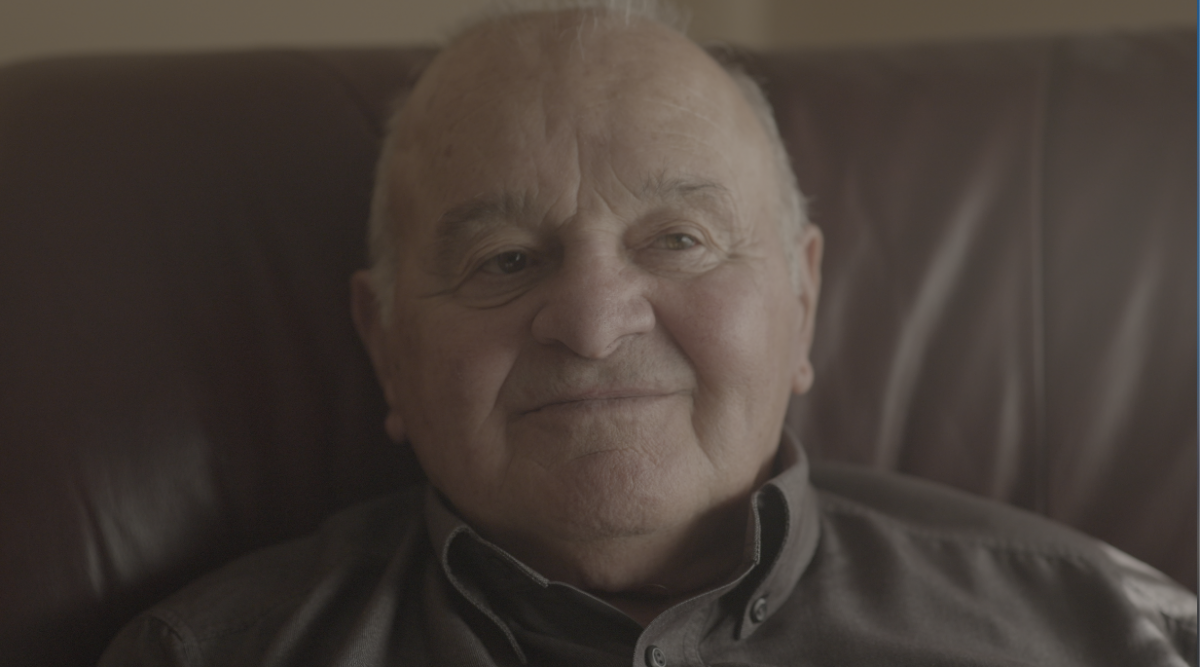
Carlo “Charlie” Salvestro recalls the highs and lows of working the tunnels on the Snowy Hydro Scheme in Snowy Labour, showing at the 2022 Far South Film Festival. Photo: Lachlan Salvestro.
When it comes to his budding film career, Cooma’s Lachlan Salvestro is “all in”.
It’s not that he doesn’t believe in the starving artist cliché – it’s that another cliché is truer: the heart wants what the heart wants.
“I started out at uni as a physics student and I despised it,” he says.
“I knew if I went back, it would have to be to something I truly loved.”
Now in his third year of a Bachelor of Arts majoring in screen production, Lachlan hasn’t looked back.
“Directing and editing are where my passions lie,” he says. “Editing lets you play with time and rhythm. There’s no medium like it, no other way of manipulating stories this way.”
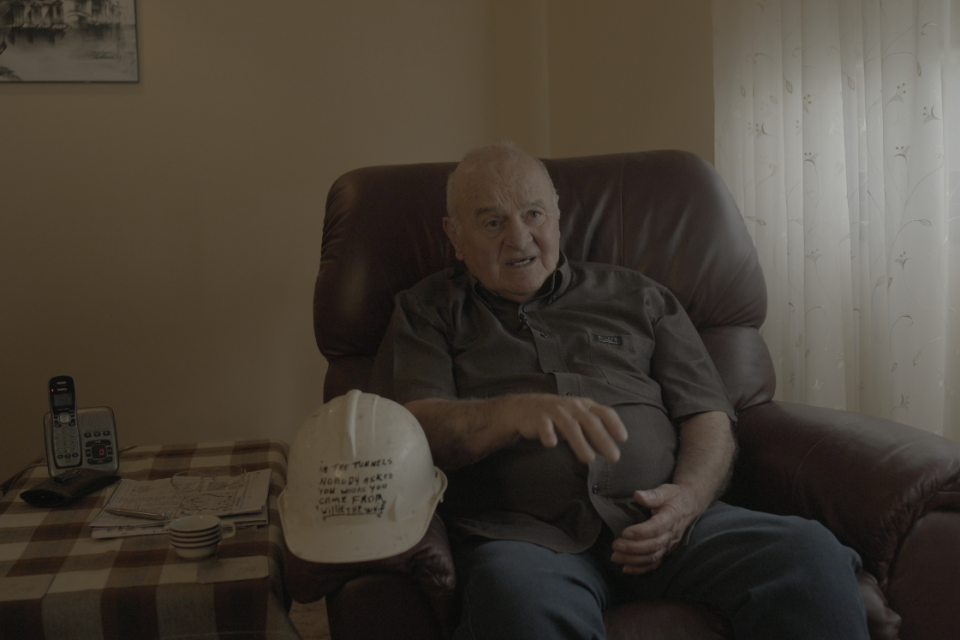
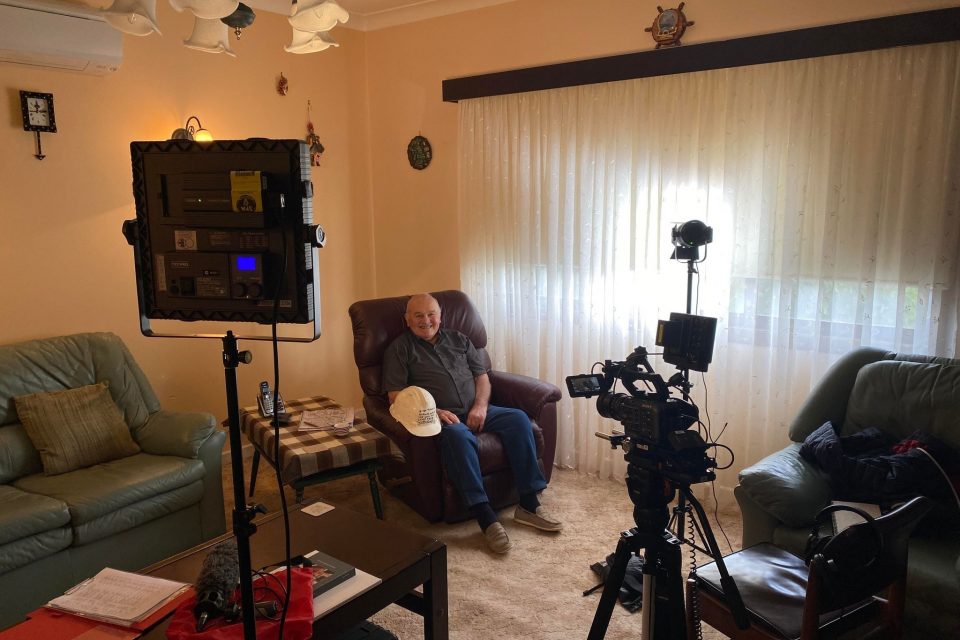
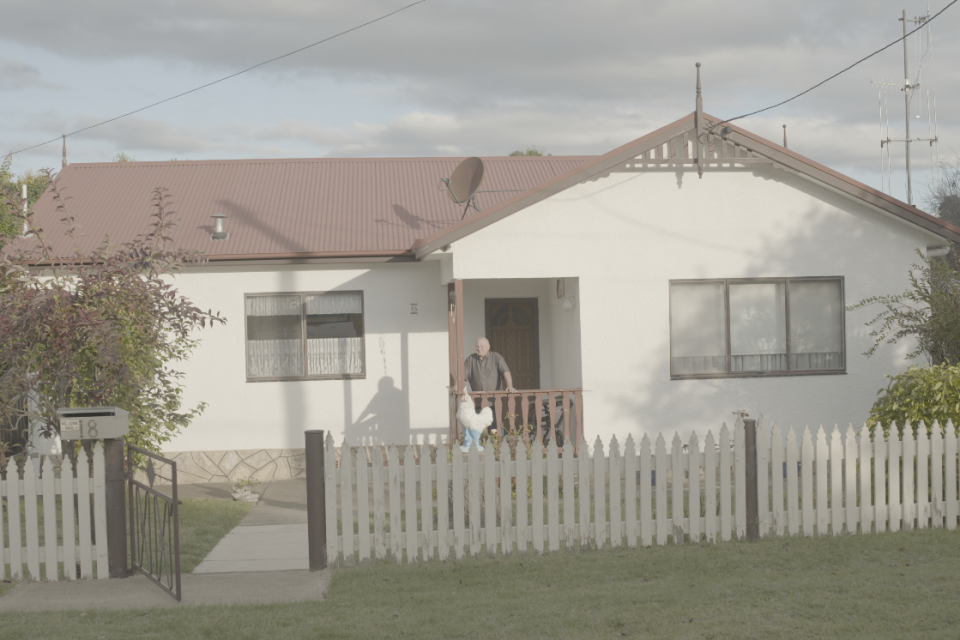
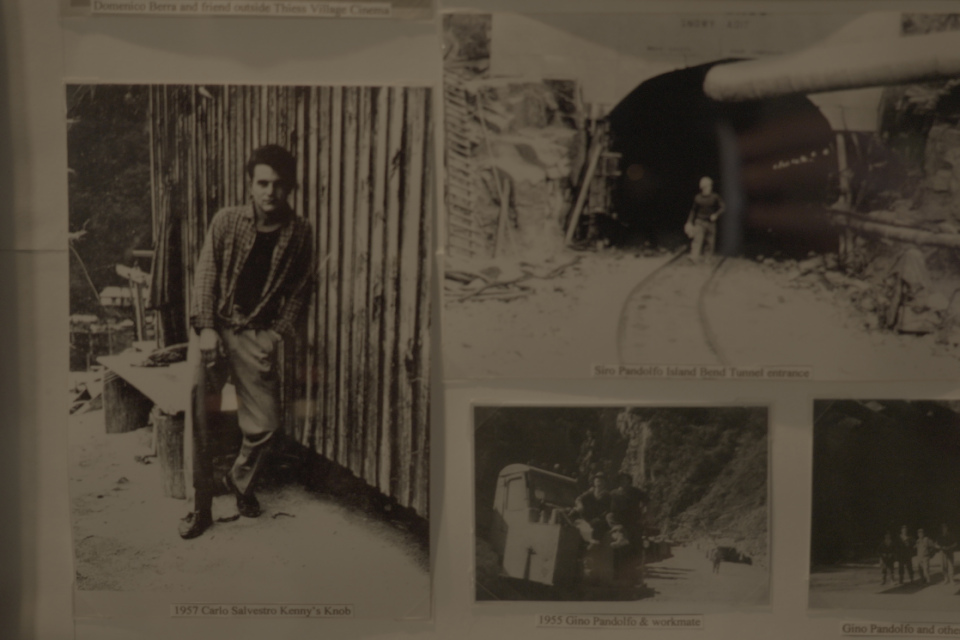
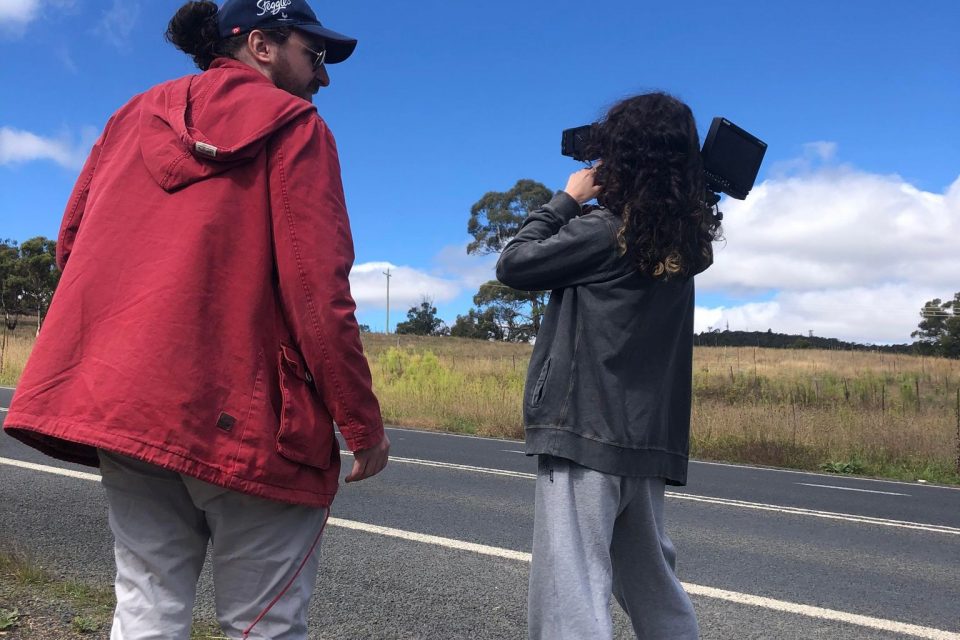
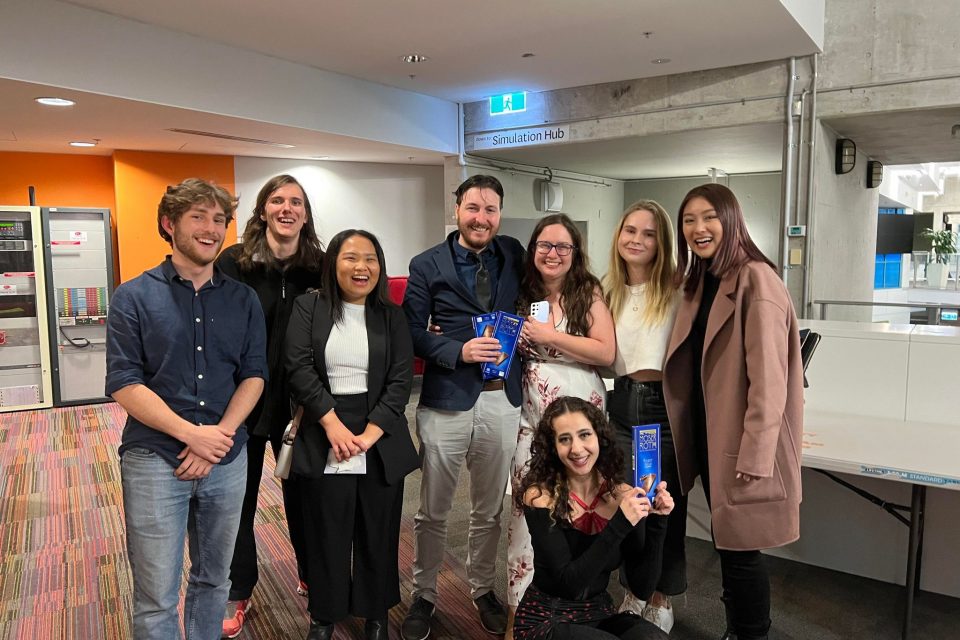
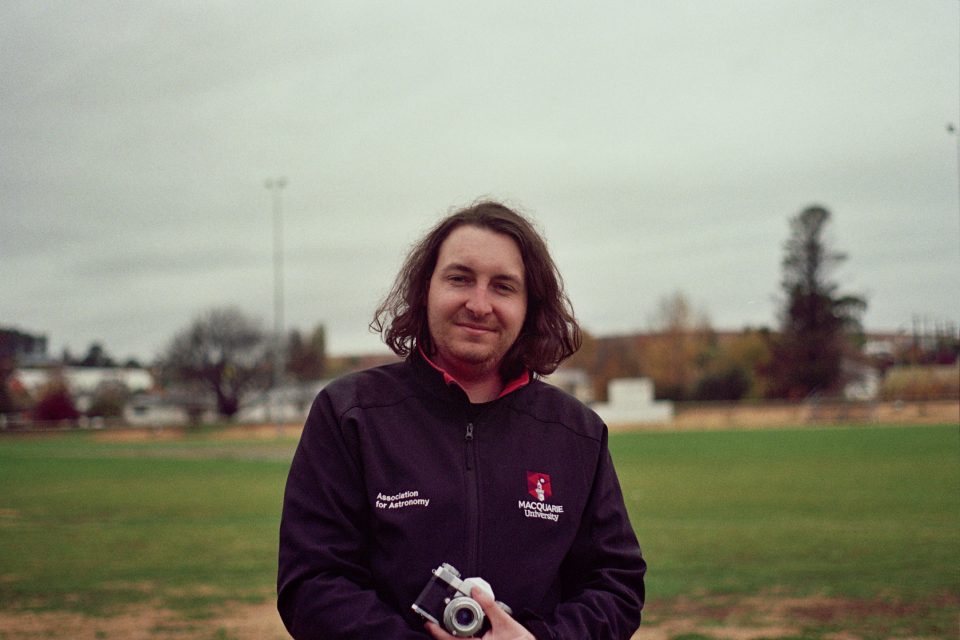
Lachlan’s latest work Snowy Labour (2022) made the cut for the Far South Film Festival.
In this miniature documentary his Nonno, Carlo “Charlie” Salvestro, relives the highs and lows of working the tunnels on the Snowy Hydro Scheme.
It’s a departure for Lachlan, who says he is “normally a fiction guy”, but necessary – and not only because a documentary was a mandate in his third year at Macquarie University.
“I’ve been brought up on Snowy Hydro stories,” he says.
“When I came to Sydney, nobody my age seemed to know anything about it. I found that really jarring because it’s such a huge part of our natural infrastructure and a big part of what a lot of Europeans came to Australia for.
“My Nonno was 14 when he came with his family. When he was 16, he actually lied about his age and told the people hiring for Snowy Hydro that he was 18. He worked there for decades.
“He is the main subject of the doco. In it, he reminisces about the struggles and how bloody hard it was but also why, at the end of the day, it was worth it.
“It’s a tale that needed telling.”
Lachlan first discovered Far South last year shortly after the 2021 submission deadline, and was gutted to have just missed out on entering a festival “so close to home”.
According to him, opportunities such as the Far South Film Festival are vital for the industry.
“When you’re a young filmmaker with no funding, contacts or connections, this sort of festival is the first port of call to get your stuff seen,” he says.
“There’s a big underbelly of up-and-coming filmmakers that need their chance.”
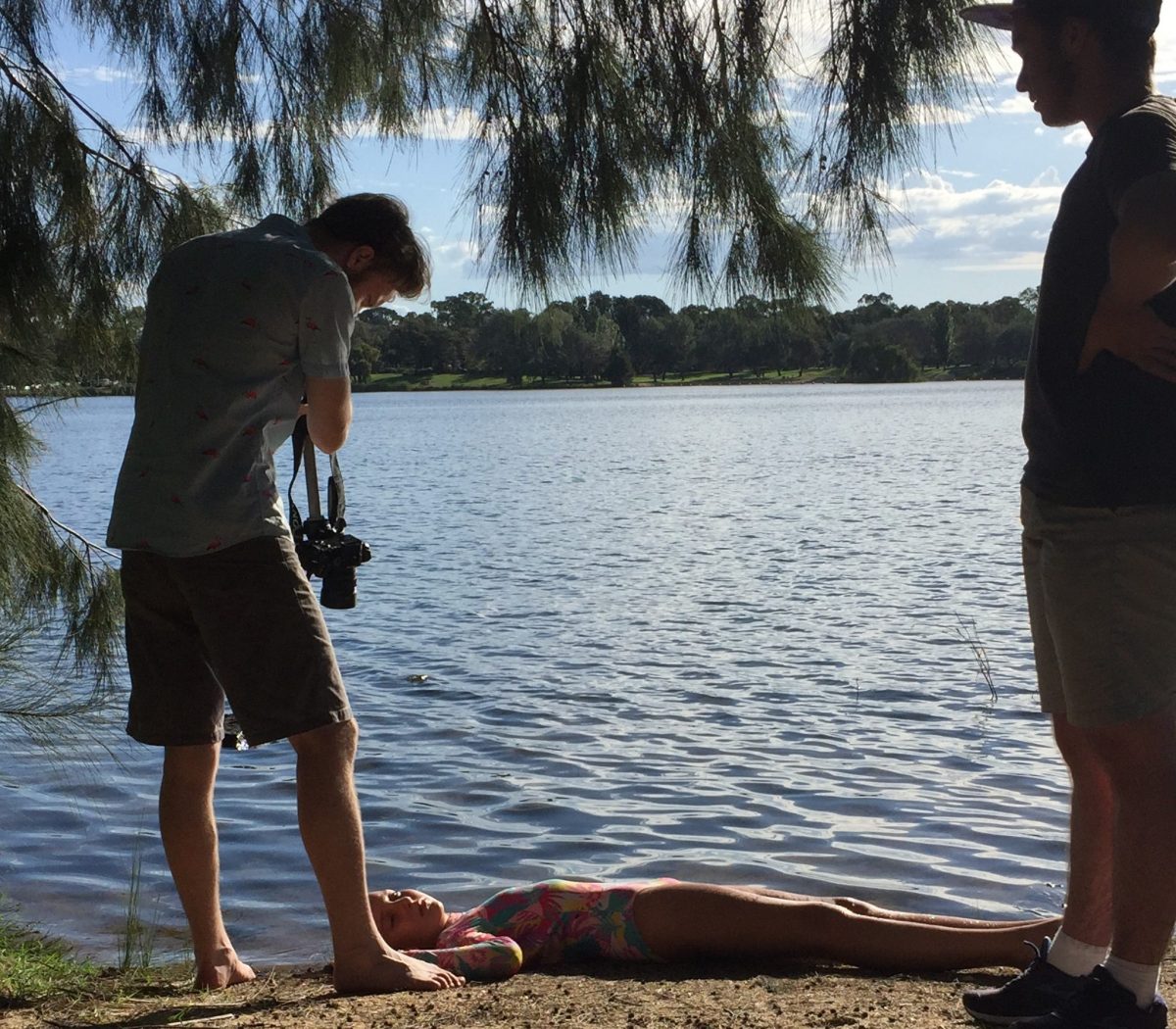
Will Scott and a couple of the Mortis Lux crew on set. Photo: Will Scott.
It’s a finding shared by fellow Festival entrant Will Scott. Though he works as a support assistant and is studying teaching, it’s clear where his true passion lies.
“In an ideal world I would love to be a professional screenwriter – that’s my dream,” he says.
“Growing up I was told by career advisors not to bother going into arts. But I know the more experience I get in filmmaking the more serious that can become.”
Will says film festivals such as the Far South not only place the spotlight on regional talent, but the region itself.
“There’s something special about seeing films made in your area, you recognise places on the screen and you’re supporting people you know who are trying to break into the industry,” he says.
Will has been making films since he was 12 years old, when his grandfather purchased him his first camera.
His Far South Film Festival entry Mortis Lux (2021) follows his other short films Nadia (2017) and Misfortune Cookie (2017) and precedes his first feature film, The Little Spinster, which is in post-production.
Like all his films so far, Mortis Lux was filmed in Canberra. The film imagines death as a character – not the pallid Grim Reaper, but “a lonely soul” at odds with her role.
A story about finding companionship – and hope – in unlikely places, the unusual concept plays well into Will’s MO of zooming his lens in on the misunderstood and marginalised “characters” of the real world.
“We have a few personifications of death in pop culture but they’re not often women,” Will says.
“I am interested in exploring gender and gender roles, so this is an extension of that.”
The Far South Film Festival is produced by Far South Film Inc, a not-for-profit incorporated association of professional and emerging filmmakers and digital creatives living in regional South East NSW.
The Festival gathers works made by regional filmmakers from all over Australia that reflect the people, environment and issues that matter to regional people.
The project was made possible through a CTA Targeted Marketing Campaign Grant provided by Regional Arts NSW through the Regional Arts Fund, an Australian Government initiative supporting the arts in regional, remote and very remote Australia.
Visit the 2022 Far South Film Festival in Merimbula during whale watching season from 19 to 21 August or watch online from 20 to 31 August. Visit Far South Film Festival for more information or to purchase tickets.













